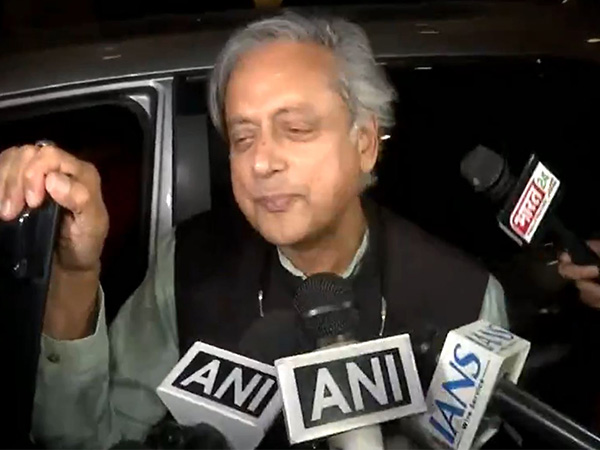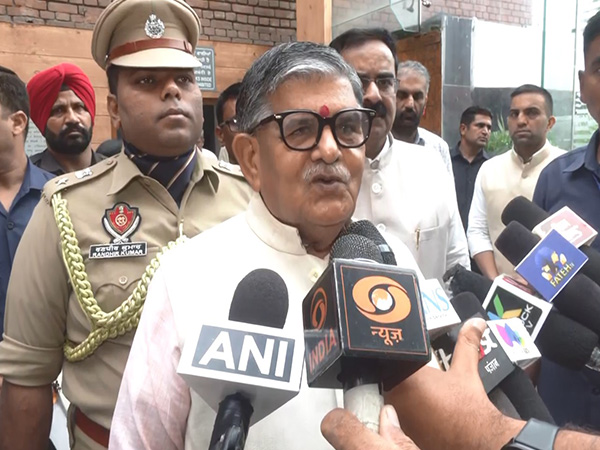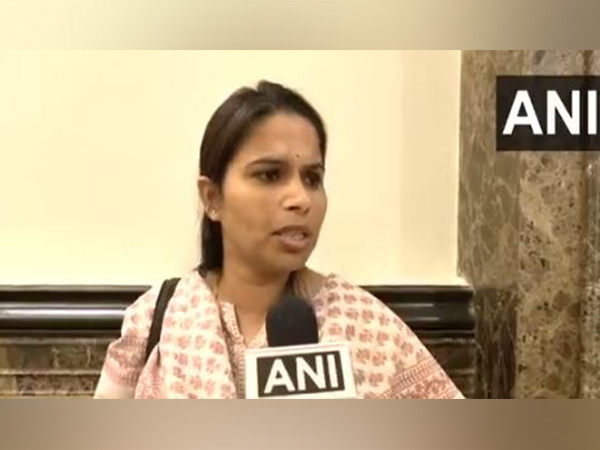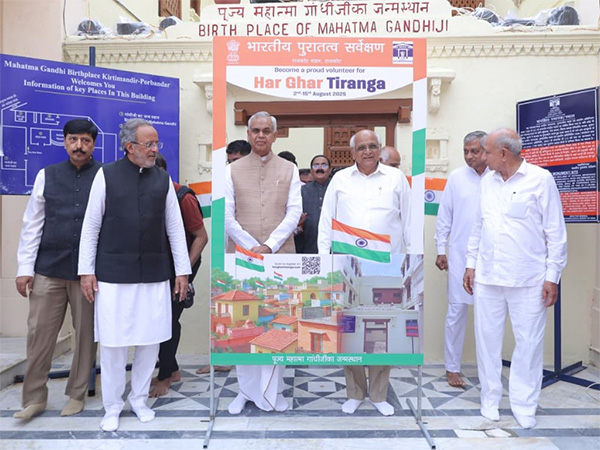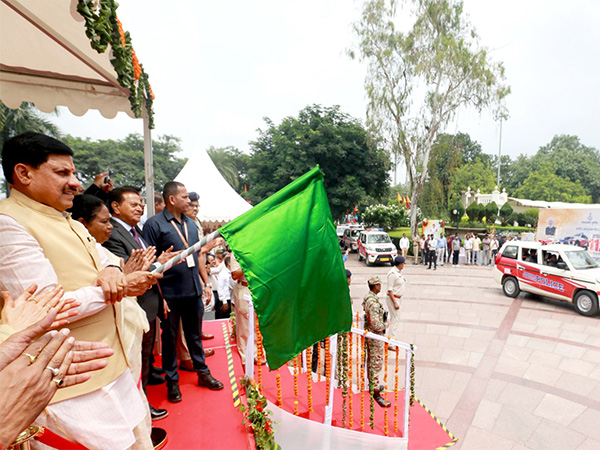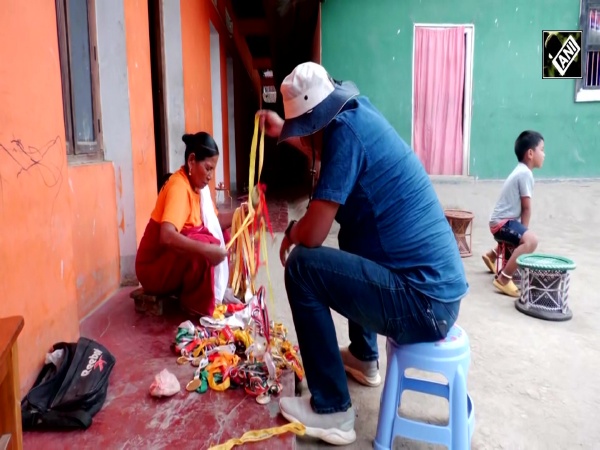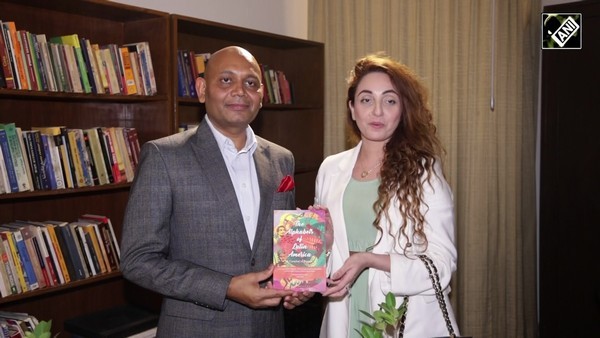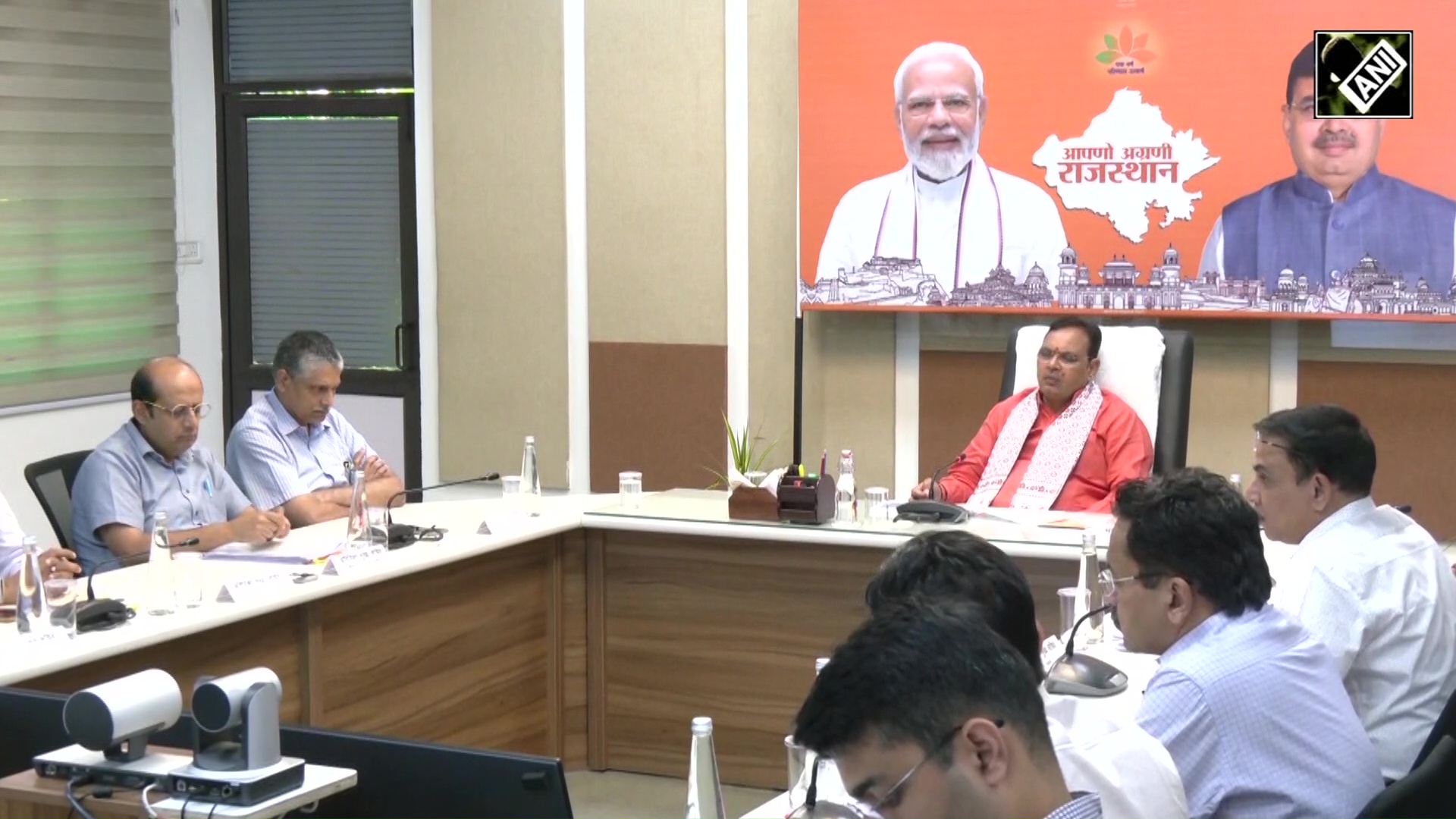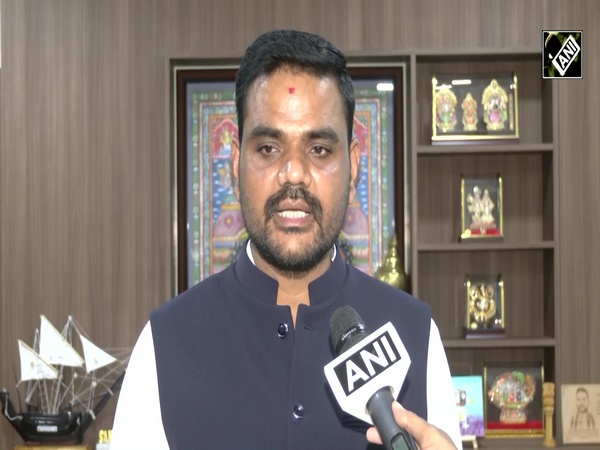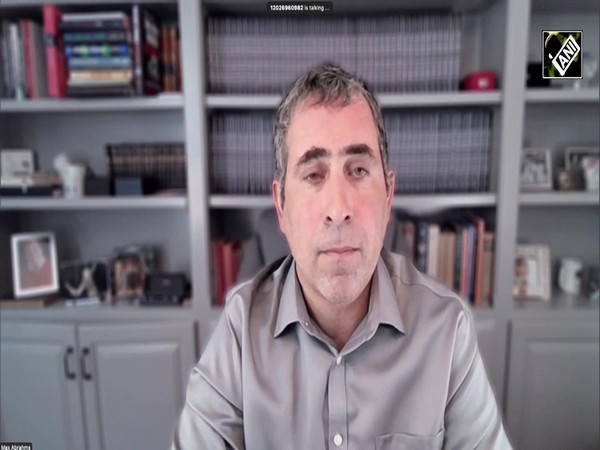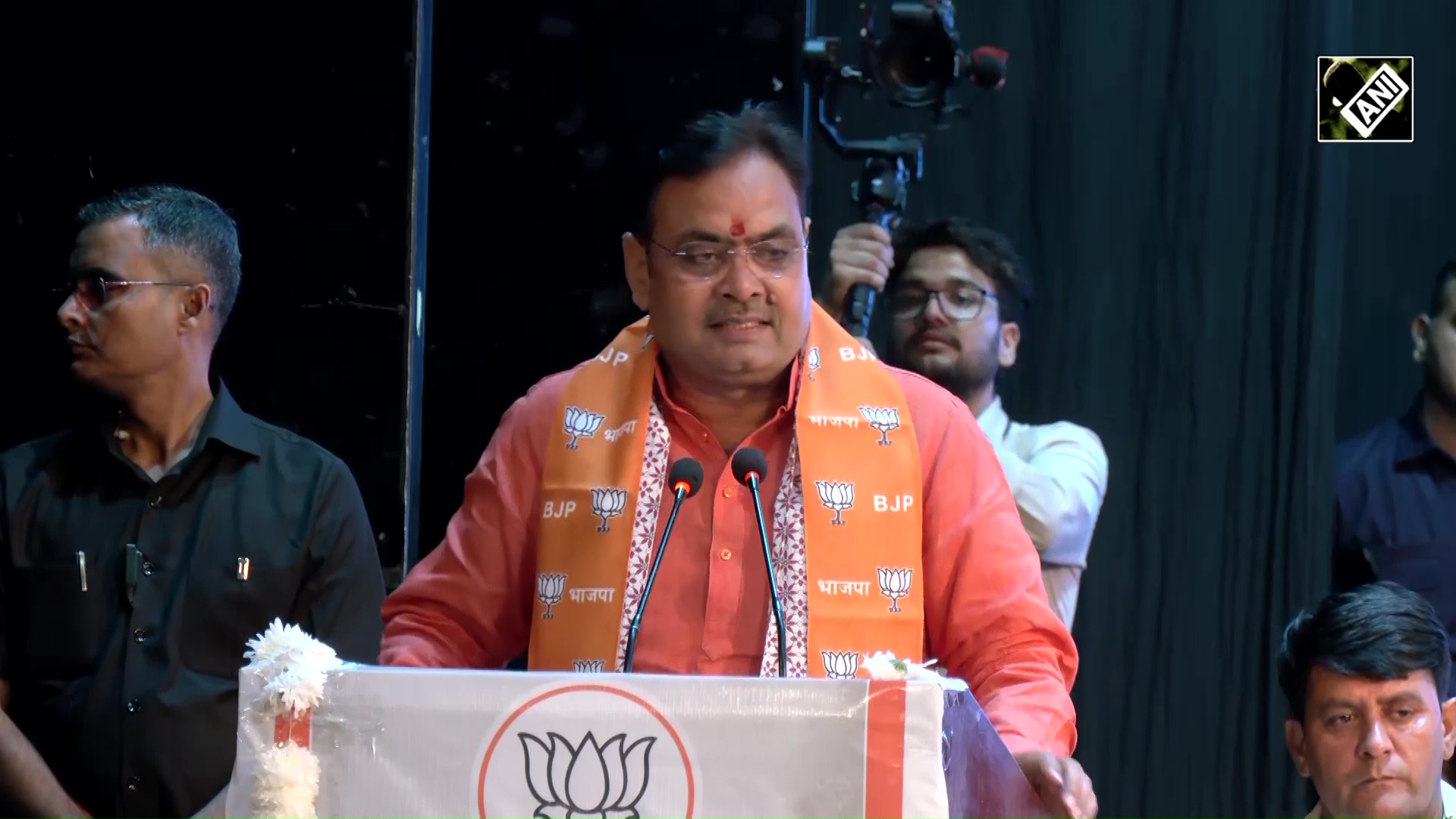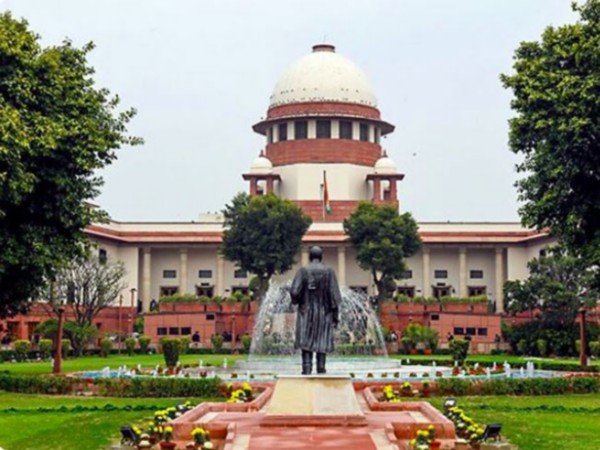
Bihar SIR: SC directs ECI to publish names, reasons for excluding 65 lakh electors from draft roll
Aug 14, 2025
New Delhi [India], August 14 : The Supreme Court on Thursday asked the Election Commission of India to publish on the district electoral officer's website the list of approximately 65 lakh persons excluded or deleted from the Bihar draft electoral voters list, along with the reason for their deletion - death, migration or duplication.
A bench of Justices Surya Kant and Joymalya Bagchi also asked ECI to give wide publicity of the same through local newspapers, Doordarshan, radio or any official social media platform.
It said a booth-wise list of 65 lakh people shall also be displayed on all the Panchayat Bhawans and the Block development and Panchayat offices so that people have manual access to the list.
This information should also be displayed on the website of the Chief Electoral Officer of Bihar, said the bench in its interim order. The documents should be searchable by EPIC numbers, it was added.
The apex court also asked the Election Commission to obtain a compliance report from all the booth-level and district-level officers and file a compliance report by Tuesday.
"Aggrieved electors of Bihar whose names were not included could file their objections by applying with a copy of their Aadhaar card," said the bench to the ECI.
The apex court has posted for hearing on August 22 a batch of petitions challenging the poll panel's move to conduct SIR of electoral rolls in Bihar.
The petitions challenging the ECI decision were filed by RJD MP Manoj Jha, the Association for Democratic Reforms (ADR), PUCL, activist Yogendra Yadav, Trinamool MP Mahua Moitra, and former Bihar MLA Mujahid Alam.
The petitions sought direction to quash the ECI's June 24 directive that requires large sections of voters in Bihar to submit proof of citizenship to remain on the electoral rolls.
The petitions also raised concerns over the exclusion of widely held documents like Aadhaar and ration cards, stating that this would disproportionately affect the poor and marginalised voters, especially in rural Bihar.
